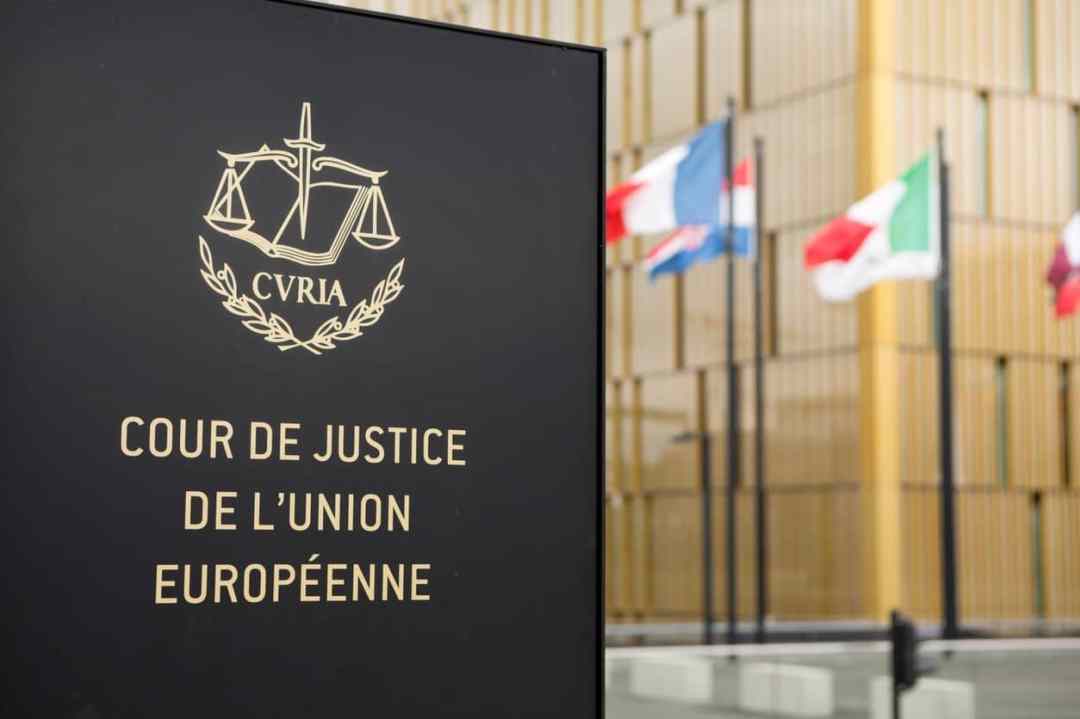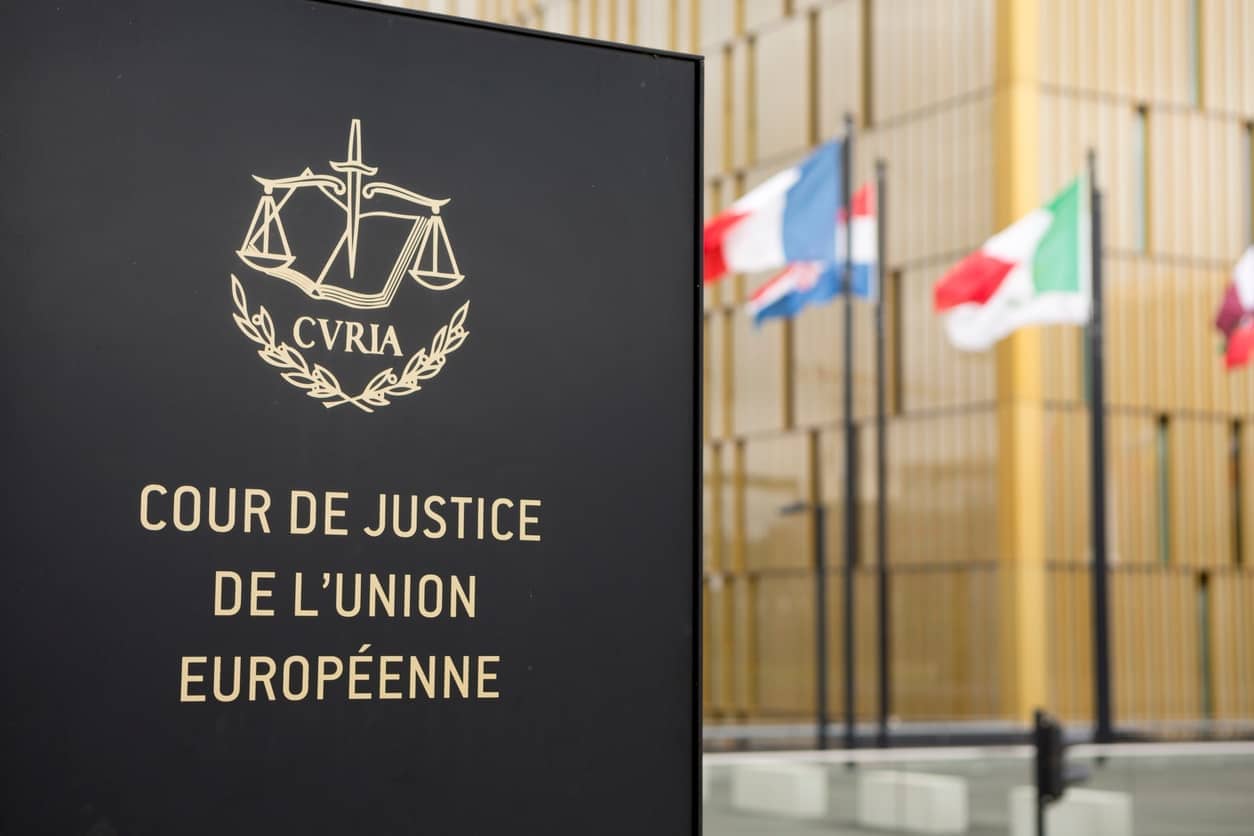For the European Union to work, its law must be supreme. All member states have courts, but those courts submit to the EU’s own court, the European Court of Justice (the ECJ). The UK knew and accepted this. By the time the Lisbon Treaty was signed, everybody knew this. That is why Poland and Germany are both legally wrong to have denied that EU law is supreme and declared that their national courts have the final say. Legally speaking, both have done a unilateral declaration of independence: taken back control. An important article examining the crisis has laid this bare. While it’s quite technical (the EU’s power lies in these boring-but-powerful rules) it’s worth understanding the depth of what is now an EU rule of law crisis.
Germany says its judges can overrule the ECJ – and thus pick and choose which judgements it is bound by (i.e. the opposite of the rule of law) and Poland says the same.

Get Britain's best politics newsletters
Register to get The Spectator's insight and opinion straight to your inbox. You can then read two free articles each week.
Already a subscriber? Log in







Comments
Join the debate for just £1 a month
Be part of the conversation with other Spectator readers by getting your first three months for £3.
UNLOCK ACCESS Just £1 a monthAlready a subscriber? Log in